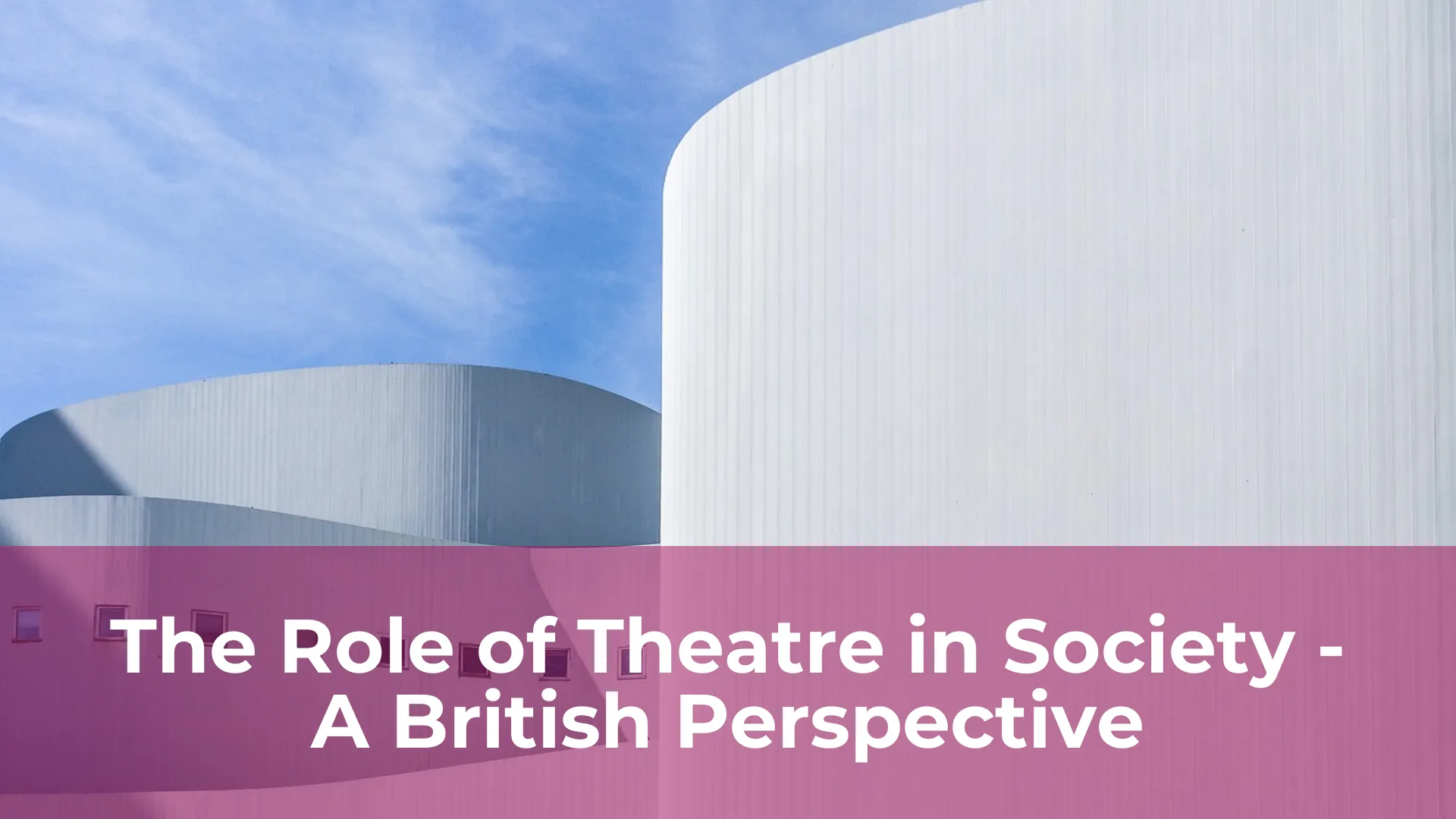Theatre has been an integral part of British culture for centuries, and its impact on society cannot be overstated. From Shakespeare’s plays to contemporary productions, theatre has served as a medium for storytelling, entertainment, and social commentary. The role of theatre in British society has evolved over time, but its importance remains significant, particularly in light of today’s social and political issues.
One of the key roles of theatre in British society is to reflect the culture and values of the country. Theatre productions often explore the nuances of British society, addressing issues such as class, race, and gender. These performances provide audiences with a platform to engage with and discuss important social issues, promoting greater understanding and dialogue amongst the community. Moreover, theatre’s ability to challenge societal norms and beliefs through its storytelling can lead to positive social change.
Theatre also plays a significant role in the economy, particularly in London’s West End, which is renowned for its world-class productions. These theatre productions attract tourists from all over the world, contributing to the country’s tourism industry and boosting the economy. Furthermore, theatre provides employment opportunities for actors, directors, writers, designers, and other professionals, making it a vital industry for the country’s creative economy.
In conclusion, theatre’s role in British society is multifaceted, with its importance being felt on cultural, social, and economic levels. As the world continues to change, theatre will continue to play a crucial role in reflecting and shaping the society we live in.
The History of Theatre in Britain
The history of theatre in Britain is rich and diverse, spanning from medieval times to the present day. The earliest forms of theatre in Britain were religious performances put on by monks and nuns in churches and monasteries. As time went on, travelling troupes of actors began to perform plays in town squares and marketplaces. These performances were often raucous and bawdy, catering to the lower classes of society.
In the Elizabethan era, theatre began to flourish with the rise of playwrights such as William Shakespeare and Christopher Marlowe. The Globe Theatre was built in 1599, and became the home of some of Shakespeare’s most famous plays, including Romeo and Juliet and Hamlet. The theatre was a popular destination for Londoners of all social classes, and was known for its raucous, rowdy atmosphere.
During the 18th and 19th centuries, theatre in Britain became more formal and sophisticated, with the rise of the West End theatre district in London. The plays performed were often more serious and moralistic, dealing with societal issues and themes such as love, duty, and honour. Today, theatre in Britain continues to thrive, with a wide variety of productions ranging from classic plays to contemporary works.

